ZOLA IS MADEINTHEURL
written by Olamide Soleye
The internet is a cosmic cesspool and not one that we perceive from above, it contains us, altering our language and sense of self. I love the internet, this website will attest to that more than anything. The concept of community is integral and a necessary factor for that is sharing.
Macro turns into micro.
The global village turns into Babel.
Now we have Twitter threads.
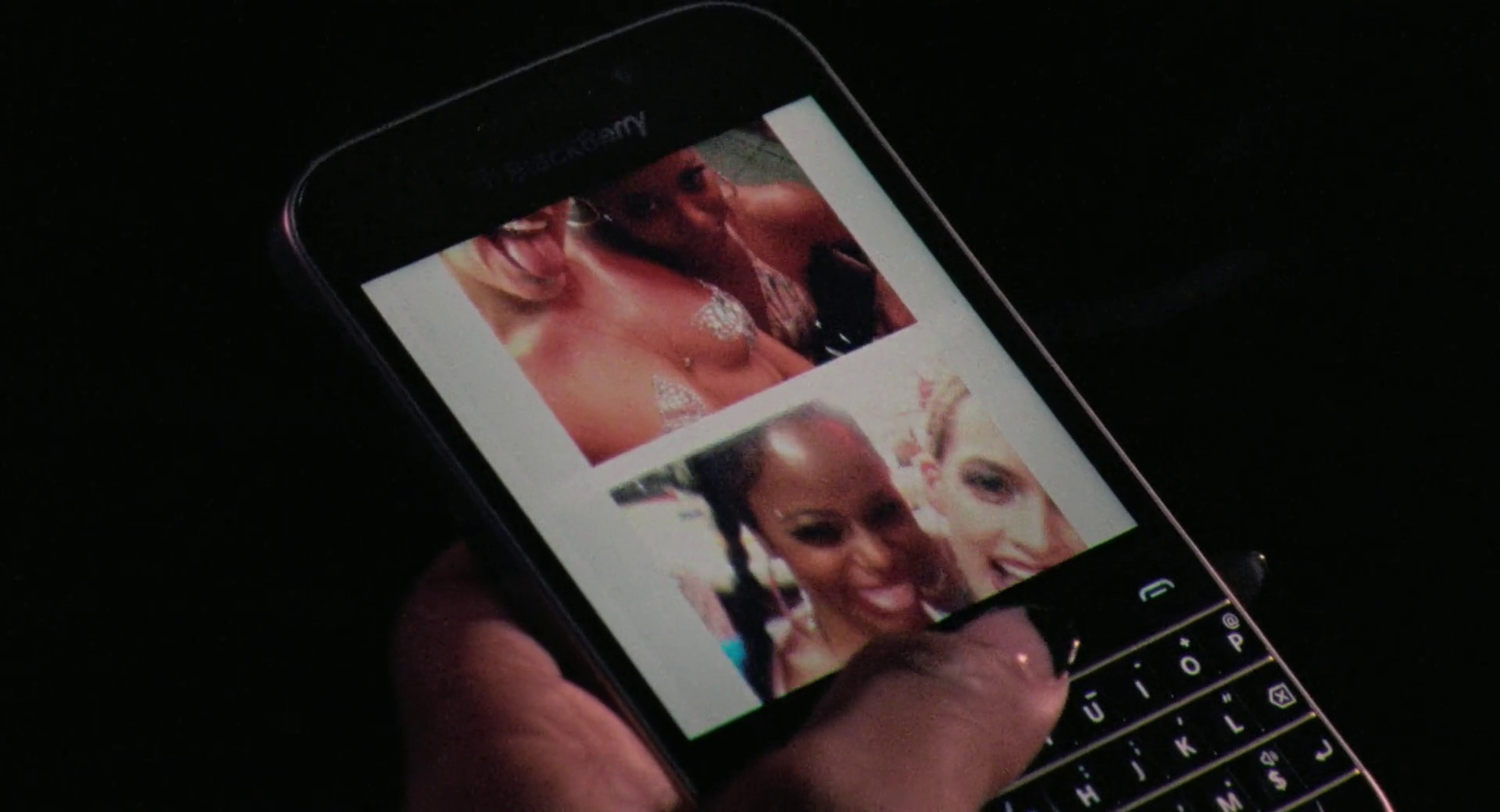
In October 2015, Aziah “Zola” King posted a 148-tweet thread about a road trip she took to Florida with a fellow stripper named Jessica. The thread can be found here and is essential reading before diving into the rest of this article.
The story, containing details of prostitution, murder and an attempted suicide quickly went viral, garnering the recognition of celebrities such as Missy Elliot, Ava DuVernay & Solange Knowles. About a month later, the Rolling Stone’s David Kushner published an article interviewing people involved with the story, widening its platform. Time takes us to 2016, when it is announced that Hollywood virtuoso James Franco will helm the film. A choice that on first glance could appear as an attempt to commercialize the source material. The choice was a big question mark for obvious reasons, Following a shelf due to Franco’s sexual abuse allegations, the film was revived by distributor A24 with Janicza Bravo attached to direct.. Bravo had made a name for herself through shorts, television episodes (which includes the phenomenal “Juneteenth” episode of FX’s Atlanta) and Lemon, a feature she wrote and directed that premiered at the Sundance Film Festival. Everything that was wrong with Franco seemed somewhat fixed here. Other than Bravo being a promising filmmaker on the rise, she also happens to be a black woman, whose previous works are distinguished in displaying the absurdity of whiteness in America. It doesn’t take detailed comprehension of the sourced thread to understand how Zola could be familiar territory for Bravo based on heightened (but not false) theatrics in her previous work. Considering that this was a story that was originated and propelled by black women, It’s only right that their necessary inclusion is represented behind the camera.
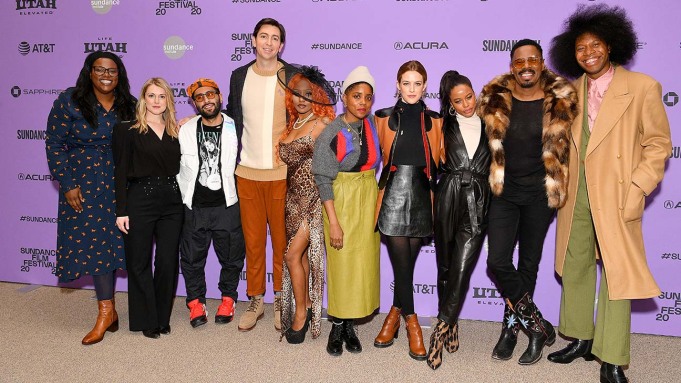
Adaptation is not an envious task. Prose to film has been a standard cinematic process for a millennium yet writers still face the same creative hardships that come with it. Going alongside this journey in the writer’s room with Bravo is theatre wunderkind Jeremy O. Harris (Who, similar to Bravo, has also displayed the absurdity of crude race relations in his past work). The announcement of this pair boosted my anticipation mainly because they seem like they know how Twitter works. Something essential when adapting a story that metamorphosed on social media is to have writers who understand the intricacies of collective thinking because as any frequent user of Twitter can tell you, there’s a rhythm to things. From the way we communicate to the way we receive. It even affects habitual manners outside of the site, such as lingo...attitude...attention span. The Zola thread captured the hearts of many with its theatrics and cinematic qualities that are rarely captured with words and images...does that mean it will stand out as a film though? While the origins of the story should be quintessential to its end product. In the wrong hands the film could be a trainwreck or something extremely familiar, especially in the A24-sphere (whatever that means). Casting Riley Keough as Stefani (Jessica’s substitute) after her role in Andrea Arnold’s American Honey, another road trip movie that explores themes of cultural appropriation and sex work through the lens of a black woman, didn’t seem to help things from a consumers view either. I would be remissed to not mention Aziah King’s involvement with the behind-the-scenes work on the film, a choice that makes all the difference to a film that could easily be labeled as exploitation i.e. the afformentioned American Honey, a film that while celebrated, is an outsider’s view on a very secluded subject matter, making way for something that could seem pretty special. So is it?
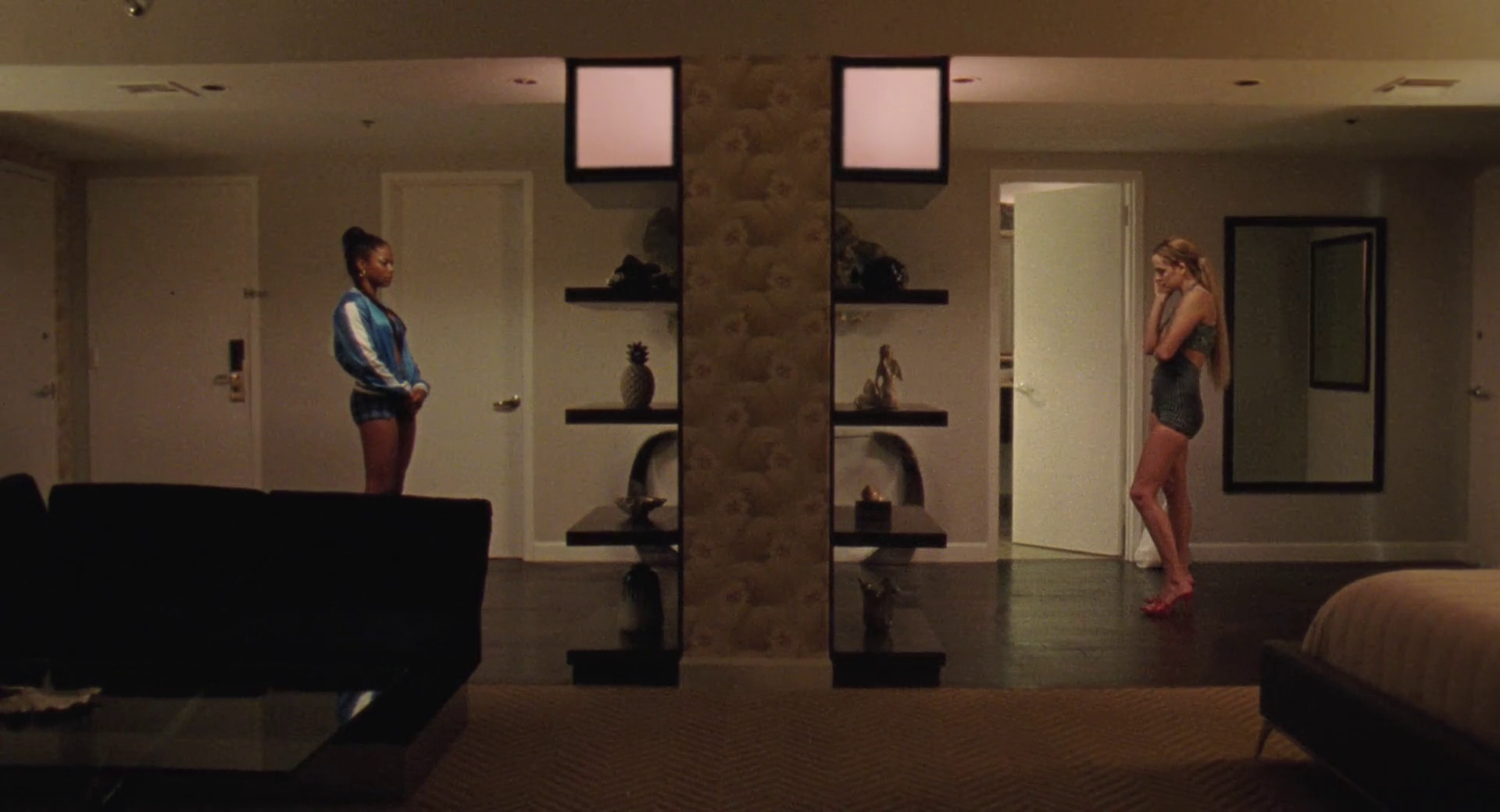
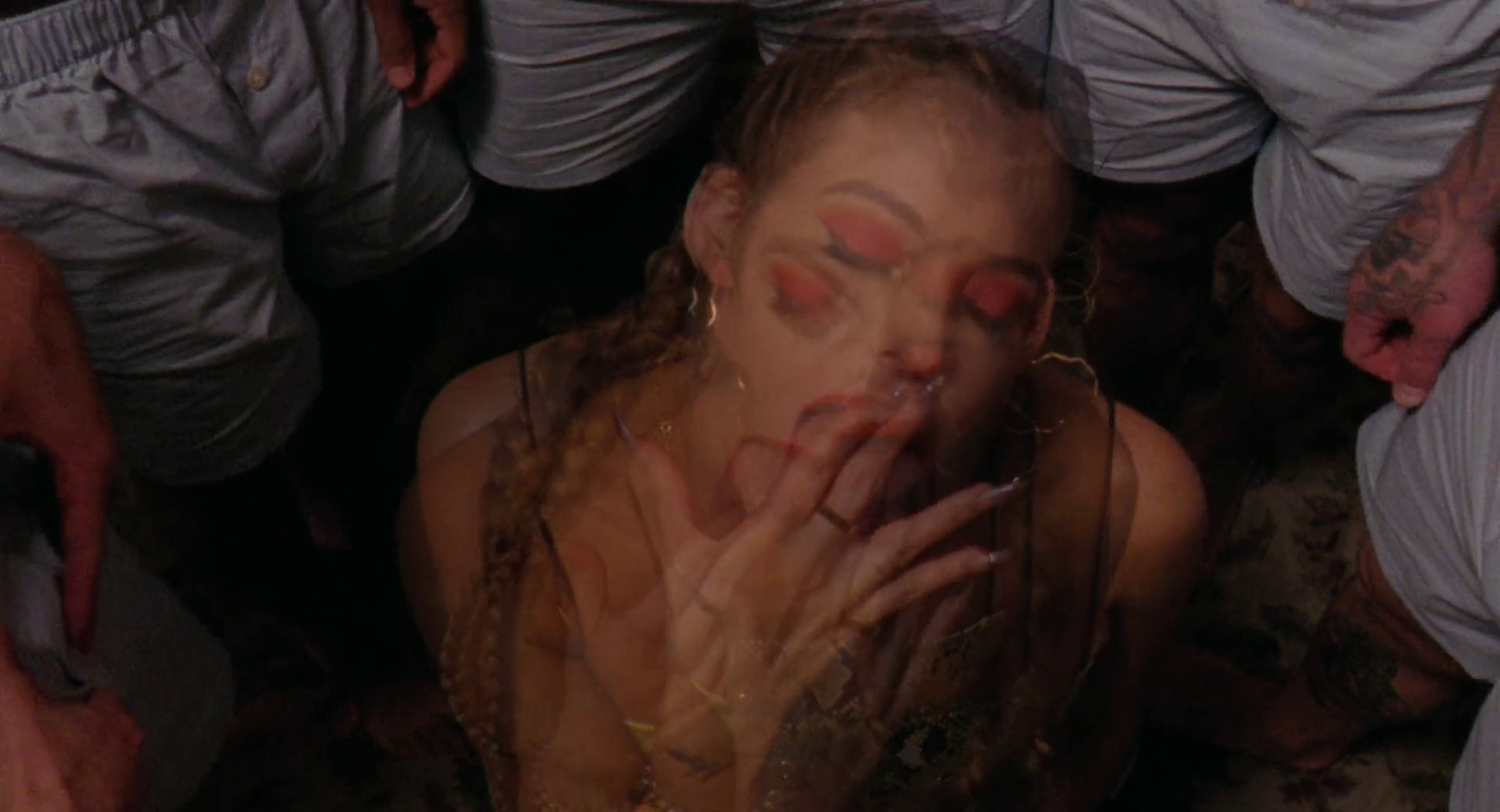
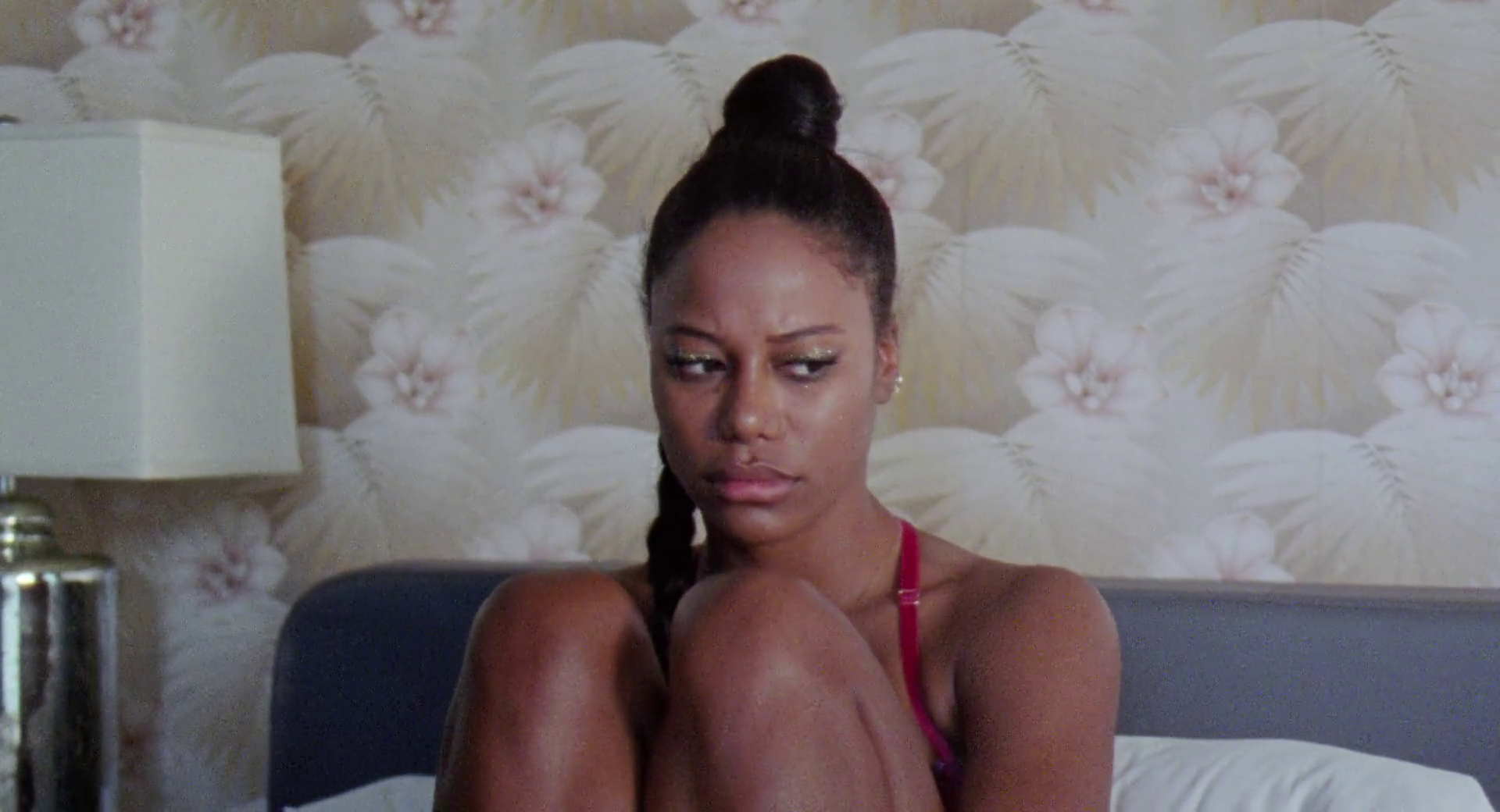
To the film’s benefit, Bravo, Harris, cinematographer Ari Wegner and editor Joi McMillion absolutely understand the one-of-a-kind quality of the intellectual property and reach towards it with both hands. Zola doesn’t just want you to feel Twitter in its DNA, it wants you to feel the internet. The film is unabashed in its roots and absolutely better for it. Like scrolling on a Twitter feed, It captures the safe but somewhat precarious position of observing unsanitized aspects of life and people but also captures the raw sensationalism of an IG or Snapchat post. The film is accompanied by an astonishing Mica Levi score, that in the beginning seems to finds the perfect median between a social media notification and pixie dust (sometimes those aren’t mutually exclusive) then finds itself descending into a synth-layered and spacy tune that sounds straight out of a Giallo or Babyfather mixtape. The characters read out text messages like monologues. The coded vernacular is literalized in a way that while strange, isn’t dishonest. The film leaves no room for gimmicks because it commits to its cause the whole way through even to its detriment, meaning that some things can tonally work in a collection of tweet but doesn’t mean they work in a movie. To be fair to Bravo and Harris, their job was to adapt a thread...and they did. But considering other creative liberties that were taken (including an incredible Reddit sequence). It doesn’t seem like too much of an ask for a better ending that the story and acting deserved.
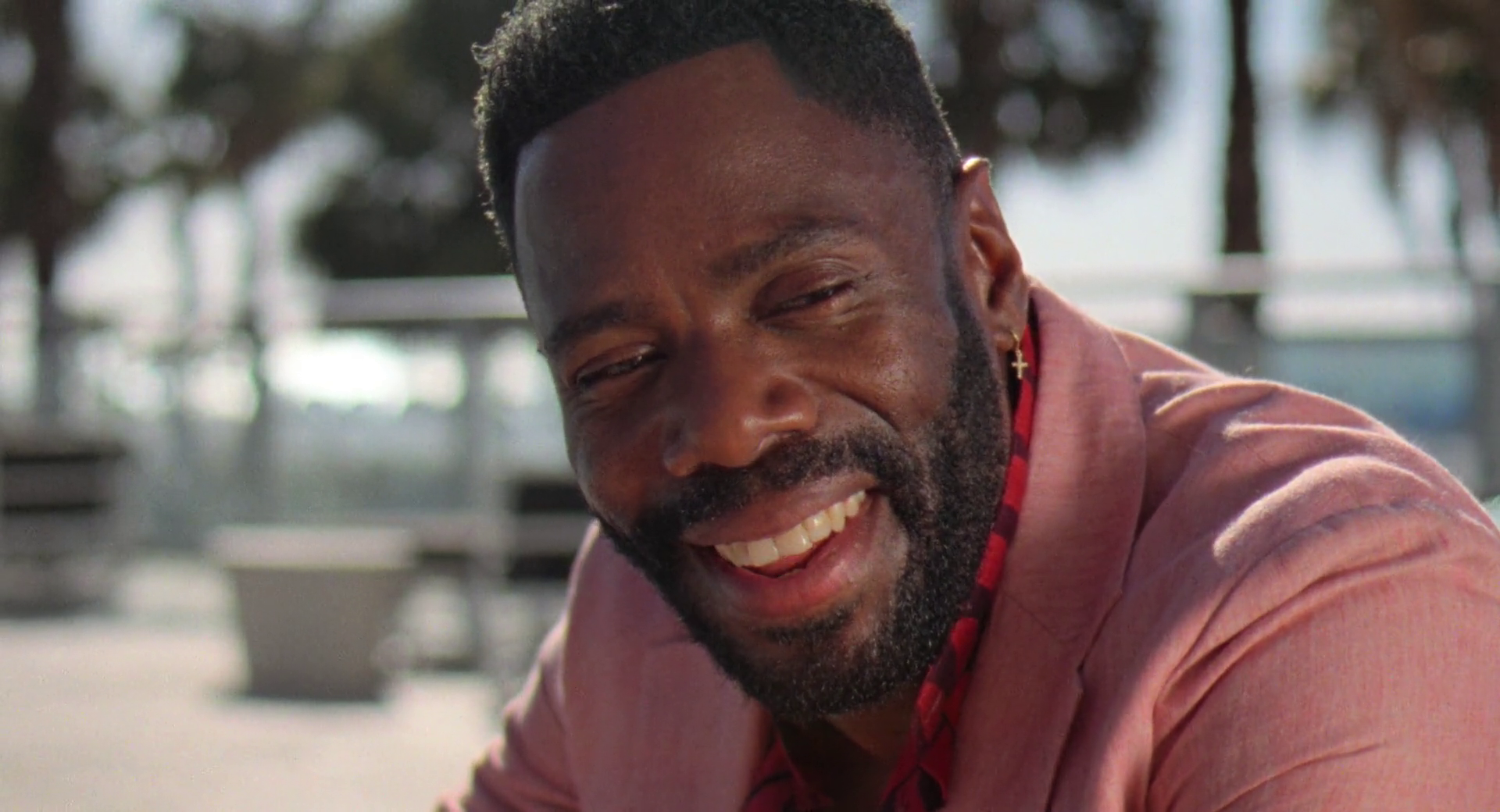
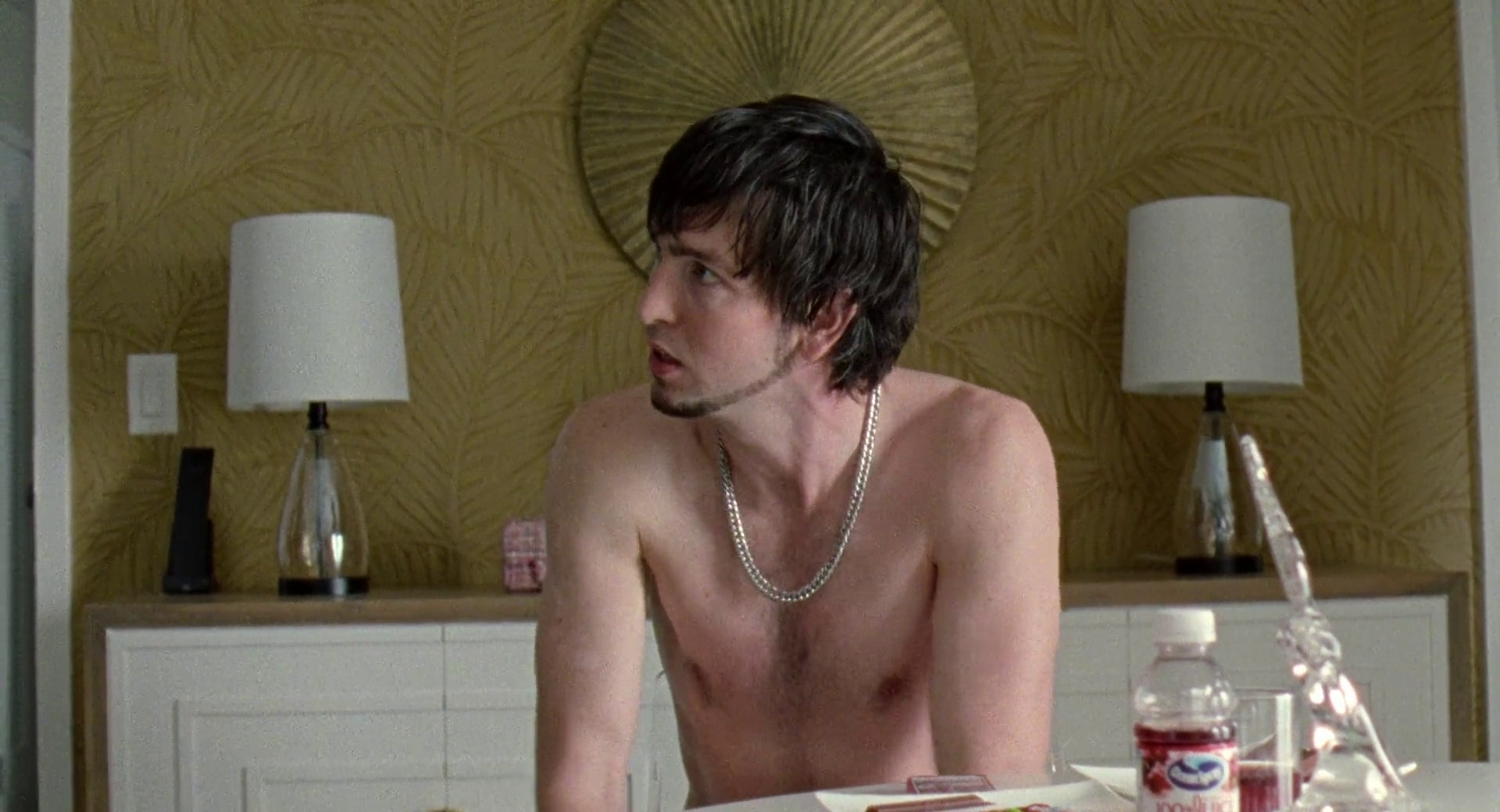

Speaking of acting, the cast here is pretty much a dream team, consisting of an ensemble of actors all having a moment right now. After a slew of great supporting performances, Taylour Paige makes a star turn as the hilarious yet reserved title character. What she provides to the role is not only her incredible dancing skills but the fact that her wildly expressive facial features in moments of silence come across as incredibly assuring, while she holds little to no agency over the situations taking place, her worldliness never hides behind naivete, in fact, Zola is the only assured character in the film, with the rest constantly shifting identity and trajectory. Keough’s Stefani is given three evenly spaced dimensions with the writing so that the audience sees that behind the convincing misplaced blaccent and acrylic-nail coated gusto, lies a scared woman making decisions for the sake of survival. Stefani takes heed to Colman Domingo’s X, a pimp whose form of language code-switching seems like it could be familiar to any Nigerian immigrants out there but quickly turns gimmicky and acts as an unnecessary addition to the character. While this aspect is referenced in the tweets, the accent work done by Domingo simply misses the mark and opens space for superfluous caricature in an already heightened film. The opposite can be found in the hapless Derek (portrayed by Nicholas Braun, a performance only second to his star turn in Minutemen *I have not seen Succession*), a character that could tragically become a lampoon on mentally-ill young man but eventually shelves out as endearing in his fragility.
While the film is rough around its edges its creative burst radiates. The stunning camera work and production design bolster its qualities, transforming it into the quintessential experience that anyone was hoping it would be. Only fair that this is the first movie to be reviewed on here.